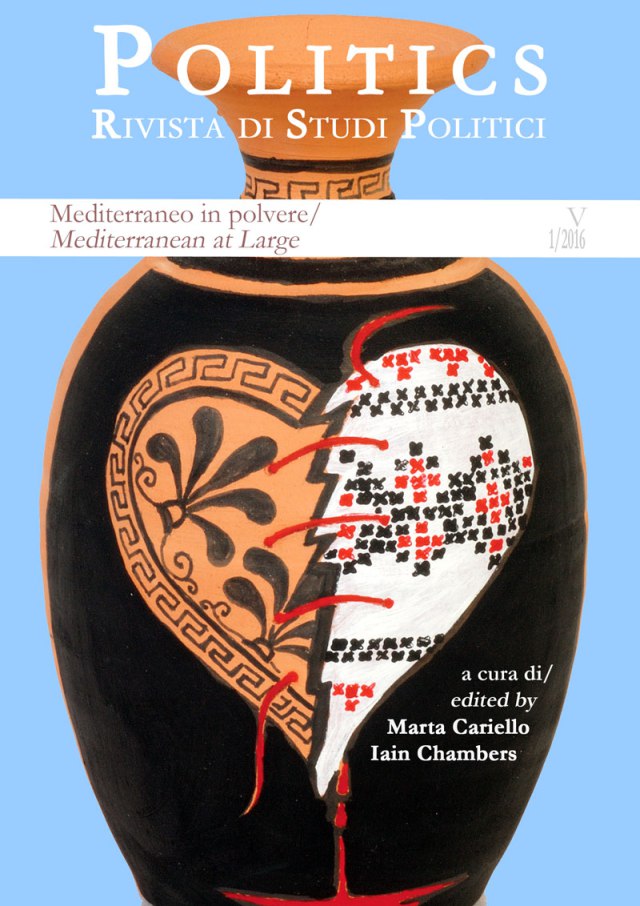Mediterranean: Coloniality, Migration and Decolonial Practices
Abstract
The aim of this essay is to examine the connection, on the one hand, between discursive formations like Mediterraneanism, Meridionism and “coloniality of power”, on the other, between these and the present un/walling of the Mediterranean. The migration question is now offering a historical chance to Southern Europe/Northern Mediterranean to distance itself from the imperium of the colonial matrix of power set by Euro-modernity and to refuse to merely become the patrolling army of Fortress Europe. Present-day ethics and practice of Mediterranean hospitality, as exemplified by the Southern radical bishop Tonino Bello, the journalist-blogger and film director Gabriele Del Grande and the activists of “The Charter of Lampedusa” (stating the rights and liberties of migrants) seem to be part of a decolonial strategy that aims at rejecting such a role.Downloads
Download data is not yet available.
Pubblicato
2016-07-21
Sezione
Articoli
Copyright (c) 2016 Luigi Cazzato

This work is licensed under a Creative Commons Attribution-NonCommercial-ShareAlike 4.0 International License.
In conformità col Public Knowledge Project, la rivista accoglie l'uso di una licenza CREATIVE COMMONS license CC Attribuzione - Non commerciale - Condividi allo stesso modo 4.0
http://creativecommons.org/licenses/by-nc-sa/4.0

